Partners
The BioBaltic project, led by Nordregio, gathers researchers, public authorities, businesses and cluster organisations from the Baltic and Nordic countries to co-operate on bioeconomy driven regional development questions. The project activities are carried out by Mobile Learning Hubs (MLH) in Estonia, Latvia and Lithuania. MLHs are participatory mobile learning units that collect and disseminate practical and scientific knowledge, in collaboration with local actors. These combine at least one research partner, a business partner and/or local authority in addition to the Nordic Council of Ministers' offices in each country.
On this page, you will find information about BioBaltic partner organisations and their contact details:
Project lead

Nordregio
Nordregio is a leading Nordic research institute within the broad research fields of regional development, policy and planning. It specializes in applied research that analyses and evaluates the latest development trends in policy areas central to Nordic regional economic growth, competitiveness and sustainable development.
Karen Refsgaard, Deputy Director
karen.refsgaard@nordregio.org, +46 763235338
Alberto Giacometti, Research Fellow
alberto.giacometti@nordregio.org, +46 763 177 569
Vaida Ražaitytė, Communications Advisor
vaida.razaityte@nordregio.org, +46 709310797
Mobile Learning Hub Estonia

Nordic Council of Ministers' office in Estonia (NCM Estonia)
NCM Estonia is co-operation and inspiration agent in the field of bioeconomy and circular economy. We arrange study visits in the region, facilitate network building, conduct workshops and seminars, support research activities and communicate the benefits of circular bioeconomy. By working closely with local stakeholders, we update them on regional (Nordic) developments and connect to relevant partners. This means, whenever somebody is seeking co-operation with Nordic institutions, we will be able to connect, co-fund and design future-fit agenda.
Madis Tilga, Adviser
madis.tilga@norden.ee, +372 5275208

Estonian University of Life Sciences (EMU)
EMU is one of the six public universities in Estonia established in 1951. It is the centre of research and development in the fields of agriculture, forestry, animal science, veterinary science, rural life and economy, food science and environmentally-friendly technologies in Estonia. According to QS World University Rankings by Subject (2019), the Estonian University of Life Sciences is one of the top 50 universities in the world in the field of agriculture and forestry, ranked as 48th. EMU also belongs to the top 1% most cited research facilities in the World. The academic structure is composed of research and development institutes or institutions, centres and other structural units.
Project coordinator:
Katrin Kepp, PhD, Head of the Centre of Bioeconomy, katrin.kepp@emu.ee, +372 56 157 938
Case study coordinator:
Evelin Loit, Associate Professor, evelin.loit@emu.ee
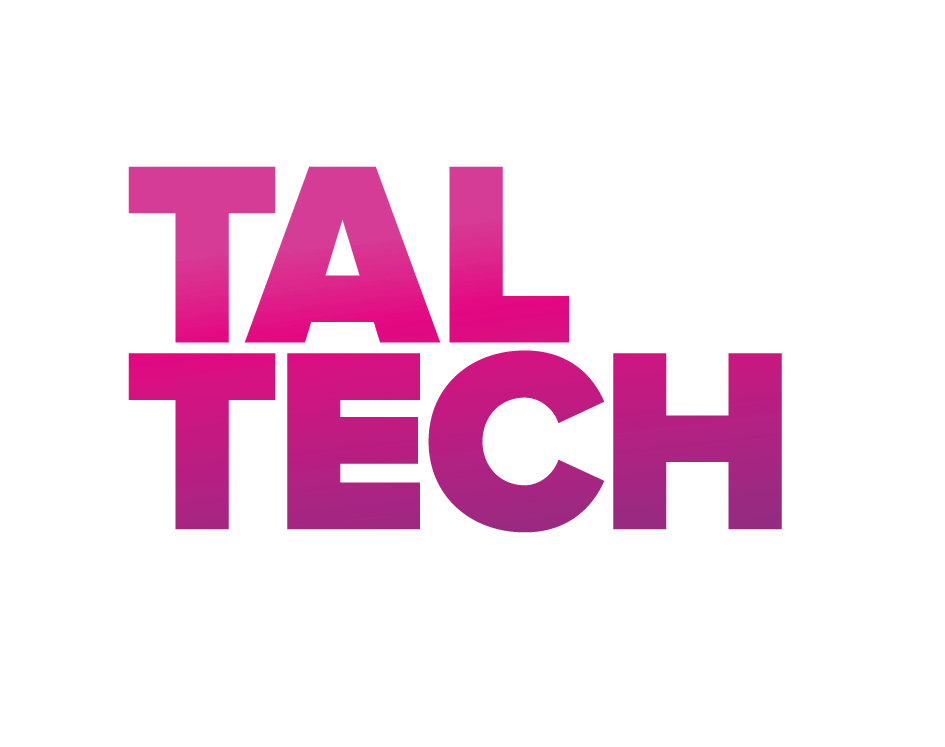
TalTech – Tallinn University of Technology
TalTech is the only flagship in engineering and IT science and education in Estonia, providing higher education at all levels in engineering and technology, information technology, economics, science, and maritime. TalTech’s mission is to be a promoter of science, technology, and innovation and a leading provider of engineering and economic education in Estonia.
TalTech has focused on sustainable and green technology development. Since 2021 we have a Vice-Rector position for Green Transformation. We have special Master curricula for green energy technologies. Our scientific teams work together with the industry on the development of biopolymers and other high-tech materials from wood and industrial waste.
Kaisa Hansen, Startup Centre Manager, Kaisa.hansen@taltech.ee
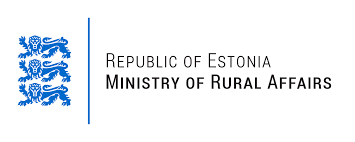
Estonian Ministry of Rural Affairs
Mobile Learning Hub Latvia

The Nordic Council of Ministers' Office in Latvia (NCM Latvia)
The Nordic Council of Ministers' Office in Latvia is a representation of the Nordic co-operation and has been facilitating in Latvia since 1991. The activities of the NCM Office in Latvia is coordinated within the framework of the Nordic vision which was adopted by the Nordic prime ministers in 2019. The current Vision 2030 aspire to make the Nordic region the most sustainable and integrated region in the world, and includes three strategic areas – a green, competitive, and socially sustainable Nordic region. The support for the Nordic countries` ever closer partnership with the Baltic states is being developed in accordance with this vision.
Different sectors of society – from government and state agencies, line ministries, regional and municipal entities, academia, NGO´s and others - participate in cooperation with the NCM via the mobility programmes and various projects. Openness to new thoughts, ideas and partnerships is one of the fundamental principles of Nordic co-operation.
Maija Kāle, Adviser for Sustainability and Digitalization
maija@norden.lv, +371 26 114 496
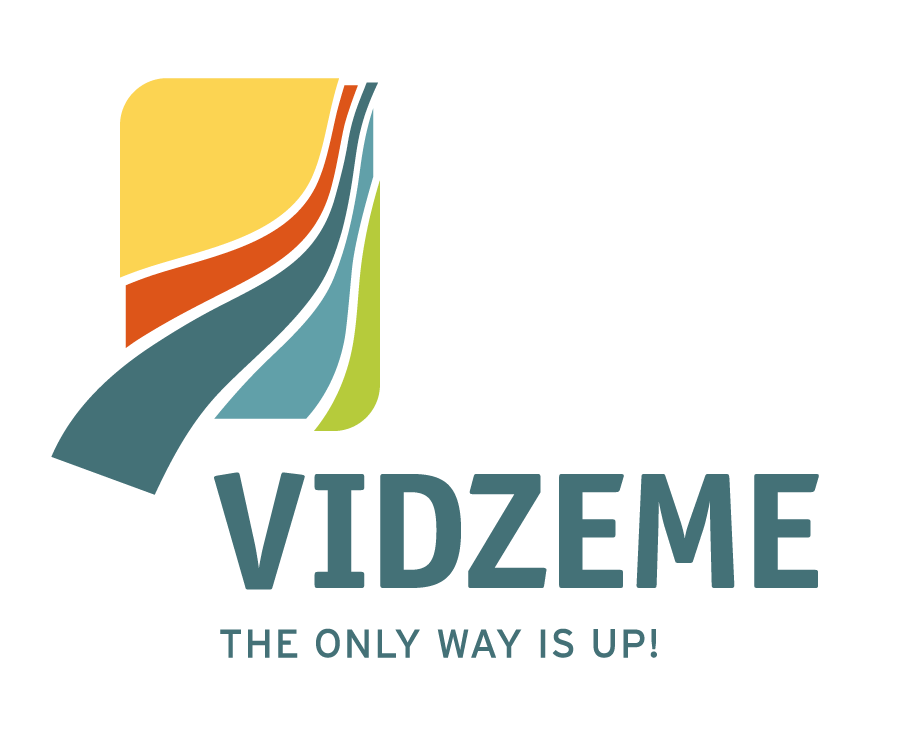
Vidzeme Planning Region (VPR)
Vidzeme Planning Region (VPR) is one of the five planning regions in Latvia and our mission is to promote sustainable and well-balanced development of Vidzeme Region and to provide effective services to regional governments, businesses, NGOs and citizens for the achievement of the jointly defined development targets. One of our long-term priorities is a sustainable business and innovation environment to help the region and businesses move to an economy that is smarter about natural resources.
By cooperating with several national and international experts, we are developing activities such as hackathons, bioeconomy innovation forums, innovation cooperation laboratory and have elaborated an action plan for a knowledge-based bioeconomy innovation ecosystem to foster knowledge-based innovation in the bioeconomy.
Maija Rieksta, Project Coordinator
maija.rieksta@vidzeme.lv
Marta Riekstiņa, Public Relations Specialist
marta.riekstina@vidzeme.lv, +371 25865495
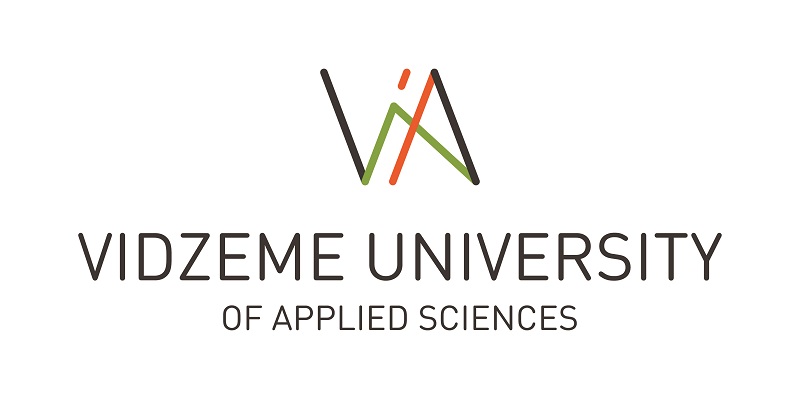
Vidzeme University of Applied Sciences (ViA)
Vidzeme University of Applied Sciences (ViA) is a state higher education institution, which offers 17 study programmes at the Faculty of Society and Science and the Faculty of Engineering. ViA offers high-quality and flexible study programmes that successfully balance theory and practice. These are adapted to the current needs of society and changes in the labour market. ViA is an internationally recognised regional platform for higher education, science, knowledge transfer and leadership of ideas, offering an ecosystem of the digital era for versatile options in acquiring professional higher education and carrying out interdisciplinary research, giving a proactive response to the challenges of society. ViA and its partner institutions transfer knowledge to cooperation partners, taking the role of the intellectual leader of Vidzeme region in promoting the growth of the country and the region.
Alvis Sokolvs, Dean of Faculty, Acting Head of information technologies studies, Lecturer, SSII Researcher
alvis.sokolovs@va.lv, +371 28301333
Inguna Kucina, Director of Knowledge and Technology Centre, Manager of Lifelong Learning Projects
inguna.kucina@va.lv, +371 28374150
Līga Landrāte-Krūmiņa, Project Manager
liga.landratekrumina@va.lv, +371 20242590
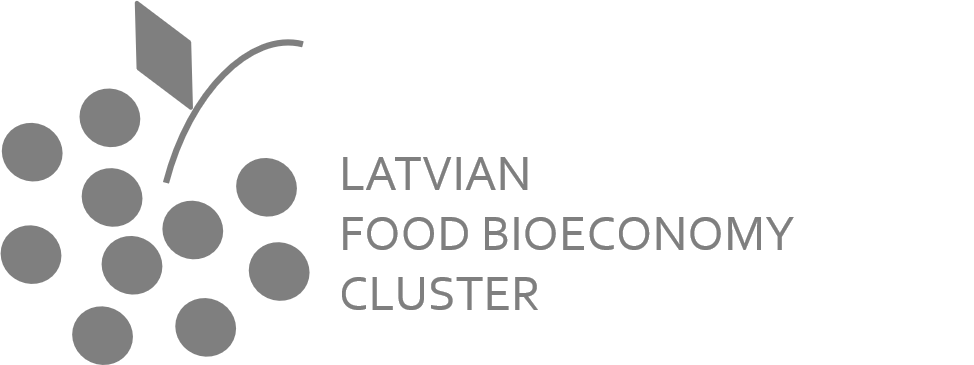
Latvian Food Bioeconomy Cluster
Latvian Food Bioeconomy Cluster (LFBC) is one of the oldest and internationally active bioeconomy clusters in the Baltic countries. The vision of the cluster is to become a key food bioeconomy innovation hub in Latvia.
The objectives of the cluster are: 1) to promote the sustainable production, processing, and consumption of healthy, high-quality, and safe food; 2) to develop knowledge-based food bioeconomy innovations; 3) to promote scientific and industrial cooperation both locally and internationally. Currently, the cluster has 15 members which include innovative food industry companies, universities and R&D institutions working in the field of bioeconomy and Vidzeme Planning Region.
Cluster strives to promote more sustainable use of resources and environmentally friendly food production, progress towards EU-level climate neutrality goals and UN sustainable development goals and also increase the awareness and knowledge in society about the potential of sustainable innovation in the food production and consumption value chain which is grounded in the principles of circular bioeconomy, sustainable use of biological resources and conservation of biodiversity. The cluster promotes international cooperation with clusters and related institutions operating in the field of bioeconomy and food production and processing industries, as well as food and bioeconomy innovation initiatives, cooperation networks, platforms and consortia, science parks, business incubators and innovation centres in Europe and globally.
Kristaps Ročāns, Managing Director
kristaps.rocans@gmail.com ; +371 29753011
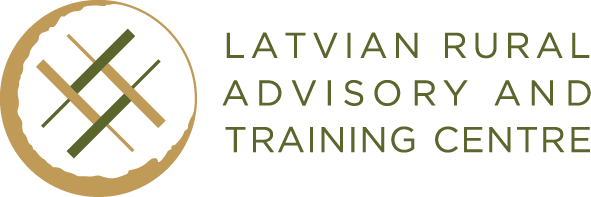
The Latvian Rural Advisory and Training Centre
The Latvian Rural Advisory and Training Centre is supporting set-up and development of new enterprises in the agricultural sector, supporting investments and development of the rural economy, providing advice on national and EU support schemes for agriculture and R&D. It is also implementing rural development projects in Latvia and abroad, closely cooperating with the other European Rural Advisory Centres and is taking an active role in the European Network for Rural Development and Agricultural Extension. LRATC has 26 offices throughout Latvia, which offer services in agriculture, fisheries, forestry, rural development, providing both consulting and financial and accounting services, continuing education, preparation of various projects etc.
LRATC as a performer of the function of the National Rural Network, sees its role in the development of the bioeconomy in Latvia as a participant who creates a common understanding of the essence of the bioeconomy concept for various stakeholders. LRATC is organizing various seminars and experience exchange trips about innovative examples of good practice in the bioeconomy, circular economy. LRATC works as a partner in various projects for the development of the bioeconomy in rural areas.
Liene Valta, Project Manager
liene.valta@llkc.lv, +371 27884817
Zanda Dimanta-Svilpe, Project Manager
zanda.dimanta@llkc.lv, +371 26135858;
Mobile Learning Hub Lithuania

Nordic Council of Ministers' Office in Lithuania (NCM Lithuania)
The office facilitates, maintain and establish networks in order to make the Nordic-Baltic region the driving force leading the world towards sustainable development, peace and welfare for all, harmonized with the Nordic vision 2030. To help achieve a green Nordic region, NCM Office in Lithuania works with sustainability and climate, building on its experience in areas like bioeconomy and youth, increase collaboration and awareness around SDGs as well as food waste and consumption. By working closely with local stakeholders, the office updates them on Nordic developments and connect to relevant partners. Whenever somebody is seeking co-operation with Nordic organizations, the office will be able to connect, co-fund and design future-fit agenda.
Lina Janusauskiene, Adviser
lina@norden.lt, +370 685 54249
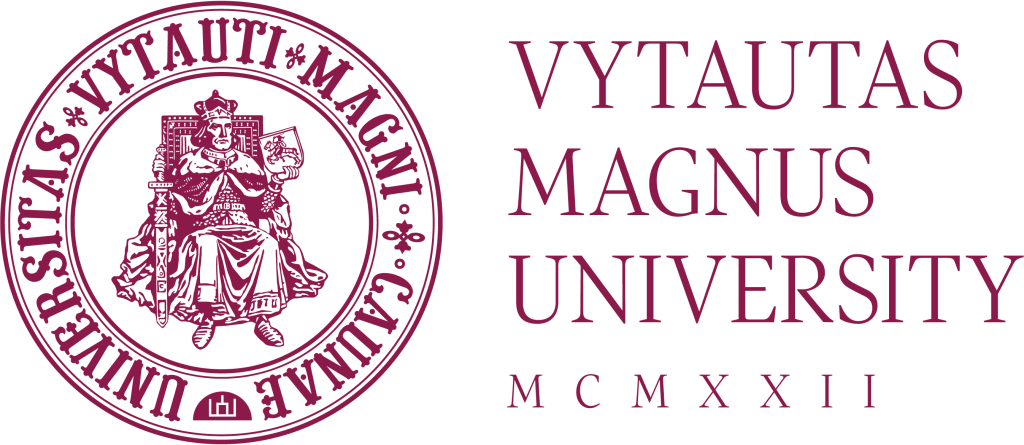
Vytautas Magnus University
Ranked among the top 800 universities in the world (QS World University Rankings) and following in the tradition of its hundred-year-old progenitor University of Lithuania, Vytautas Magnus University (VMU) is one of the few in the region where a wide liberal arts education is imparted. Its well-deserved reputation is built on pursuing liberal studies policy, seeking and establishing successful international relations with other universities all over the world.
Since January 2019, by implementing the decisions of the Parliament of the Republic of Lithuania, two public universities – one specialized in educational, other in agricultural sciences – were integrated into VMU, making it the widest-range university in Lithuania, which conducts scientific research and studies in the humanities, arts, social, physical, biomedical, technological and agricultural sciences. Principal aim of this integration was to combine the academic potential and consolidate the infrastructural resources of these three universities for forming the centres of academic excellence, specifically in the fields of education and bioeconomy development.
Before integration, VMU conducted research in educational sciences, social innovations, creative industries, digital humanities, environmental sciences, biotechnologies, neurotechnologies, Artificial Intelligence technologies, diaspora and other fields. Meanwhile, integrated Agriculture Academy conducted research in the development of agrobiotechnologies, assessment of plants genetic potential, bioenergy, chemical and biotechnological processes, food safety and security, sustainable use of land, forest, water and energy resources, climate change and improvement of environment conditions, sustainable agriculture and rural development. Special synergy after the integration is expected in such critical research areas as climate change, environmental pollution, engineering of sustainable biosystems, renewable and alternative energy, application of Artificial Intelligence technologies in agriculture, development of plant-based biotechnology, as well as in bioeconomics.
Virginija Kargytė, Project manager
virginija.kargyte@vdu.lt, +37065666628
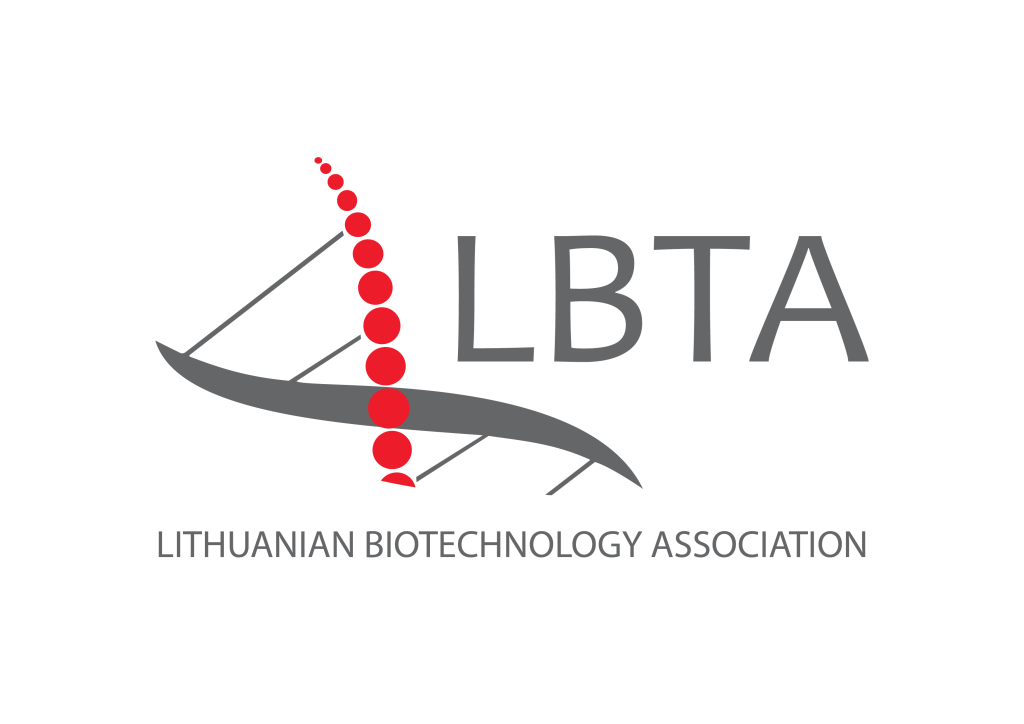
Lithuanian Biotechnology Association (LBTA)
Lithuanian Biotechnology Association (LBTA) is a legal entity established in 2003. The main goal of LBTA goal is to facilitate Lithuanian biotechnology sector to solve global life quality and environmental challenges in the three main focus areas: Life Sciences, Health technologies and Bioeconomy. Currently, LBTA unites companies developing and producing biotechnological and bio-based products, providing services for the life science sector, also Lithuanian universities and individual researchers actively participating in fundamental and applied science.
Most of the Lithuanian regions identified the bioeconomy or certain its value chains in their economic specializations (development strategies). The industrial biotechnology-driven bio-based economy can be foreseen as especially important for the regional development of Lithuania. Moreover, it is expected that regions will receive the highest shares of funds from the EU Structural Funds Programmes for the period of 2021-2027, thus there is a strong need to boost industrial symbiosis potential in the regions by learning from good practise cases from project partners.
Agnė Vaitkevičienė, Executive Director of LBTA
agne.vaitkeviciene@lbta.lt, +370 604 74089
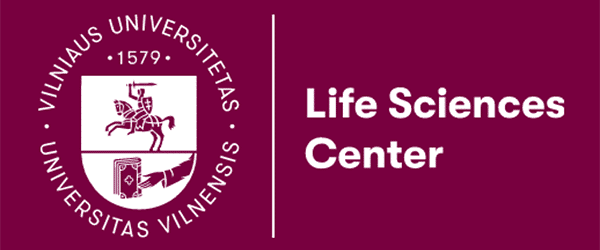
One of the oldest higher education institutions in the Eastern and Central Europe (founded in 1579), is the largest University in Lithuania involved in multi-disciplinary academic activity. VU retains its leading role in a broad spectrum of fundamental and applied research, education, training and retraining, consultancy, providing research and development services to a wide range of businesses. VU actively participates in international scientific and academic activities to fulfil the needs of the state and society in the European research and education area.
Life Sciences Center of Vilnius University is a well-known research organization which is specializing in the field of advanced biotechnology.
Sector of Applied Biocatalysis (SAB) at BTI LSC VU is orienting the research towards discovery of new and/or novel biocatalytic (using enzymes and microorganisms) routes for high-added value products from bio-based raw materials. SAB seeks to develop biocatalysts with novel activities by the three most common ways: screening for enzymes, development of biocatalyst and application of biocatalyst.
Dr. Inga Matijošytė, Senior Researcher, Head of the Sector of Applied Biocatalysis at Institute of Biotechnology, LSC
inga.matijosyte@bti.vu.lt, +370 (5) 223 4371
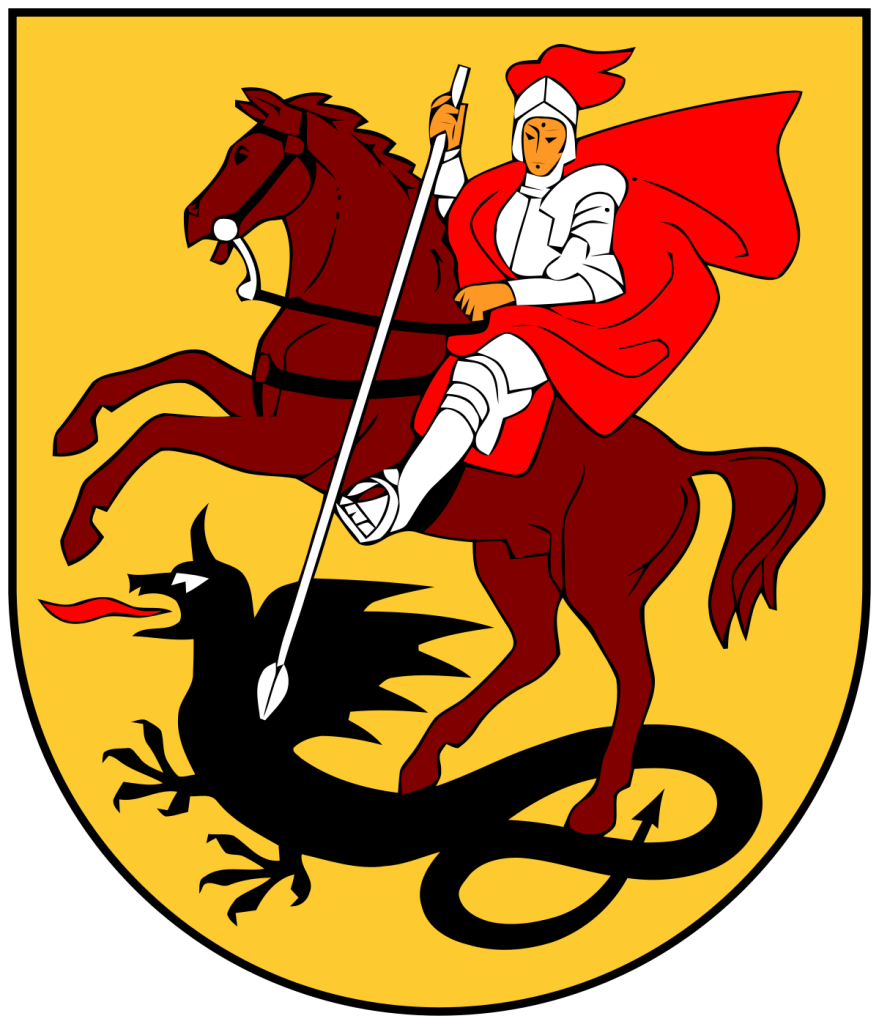
Marijampolė Municipality
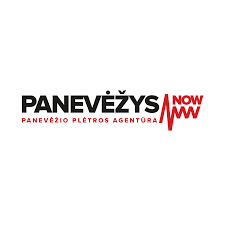
Panevėžys Development Agency
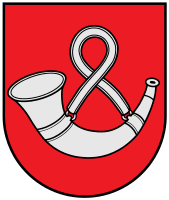
Tauragė District Municipality
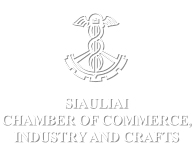
Telšiai Branch of Šiauliai Chamber of Commerce, Industry and Crafts